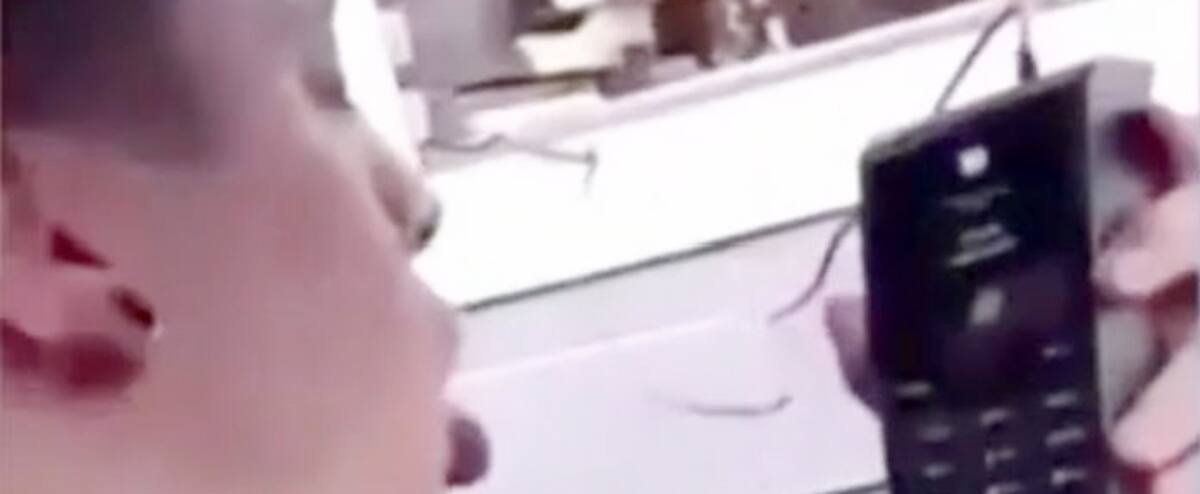The individual who outraged several Quebecers at the start of the pandemic by voluntarily coughing on a car service sales terminal will ultimately never face justice for his bad joke.
At the beginning of April, when Quebec was on hiatus and the health crisis was hitting full force, a video that went viral on social media had scandalized the population.
During a drive-through order at the Dairy Queen in L’Ancienne-Lorette, a young man was filmed coughing on purpose on the sales terminal.
Quickly, Internet users had identified the author of the bad joke, Emerik Pouliot, 20, from the South Shore of Quebec.
The “cough”, as he was nicknamed, then lost his job, then the Quebec police announced on April 6 that they had arrested the young man.
Promise to appear
The Quebec City Police Service (SPVQ) had indicated that the individual could face charges of public nuisance and mischief.
He had been released on a promise to appear while the case was submitted to the Director of Criminal and Penal Prosecutions (DPCP) to determine whether there was a matter of a criminal charge.
However, almost seven months later, no charges have been laid against Emerik Pouliot. Asked about the subject by The Newspaper, the SPVQ confirmed that the investigation was closed. “We recognize that this action was not of an ethical nature,” writes the Quebec police.
“On the other hand, legally we do not have the essential elements to establish the commission of a criminal offense under the decree of the Public Health Act”, concludes the SPVQ.
According to criminal lawyer Me Richard-Philippe Guay, several people who received a general offense report during the first wave of the pandemic saw the fine of $ 1,546 be canceled.
“People have had tickets at $ 1,500 for rallies at the start of COVID and these people received a letter from the DPCP telling them that ultimately it was all canceled as soon as they had pleaded not guilty. ”
Discretionary power
Obviously, Me Guay does not know the reasons for this choice of the DPCP, but he explains that in law, the prosecution has a discretionary power if it is “morally convinced that it cannot obtain a conviction”. In this case, prosecutors choose not to prosecute.
Given the delays, cases related to general statements of offense relating to illegal gatherings under the Public Health Act are unlikely to be heard on the merits for several months.
 Canada Live NEWS – 24/7 Breaking Headlines & Updates Canada Live News is one of the largest news curating sites across Canada which is made exclusively for Canadian people.
Canada Live NEWS – 24/7 Breaking Headlines & Updates Canada Live News is one of the largest news curating sites across Canada which is made exclusively for Canadian people.
